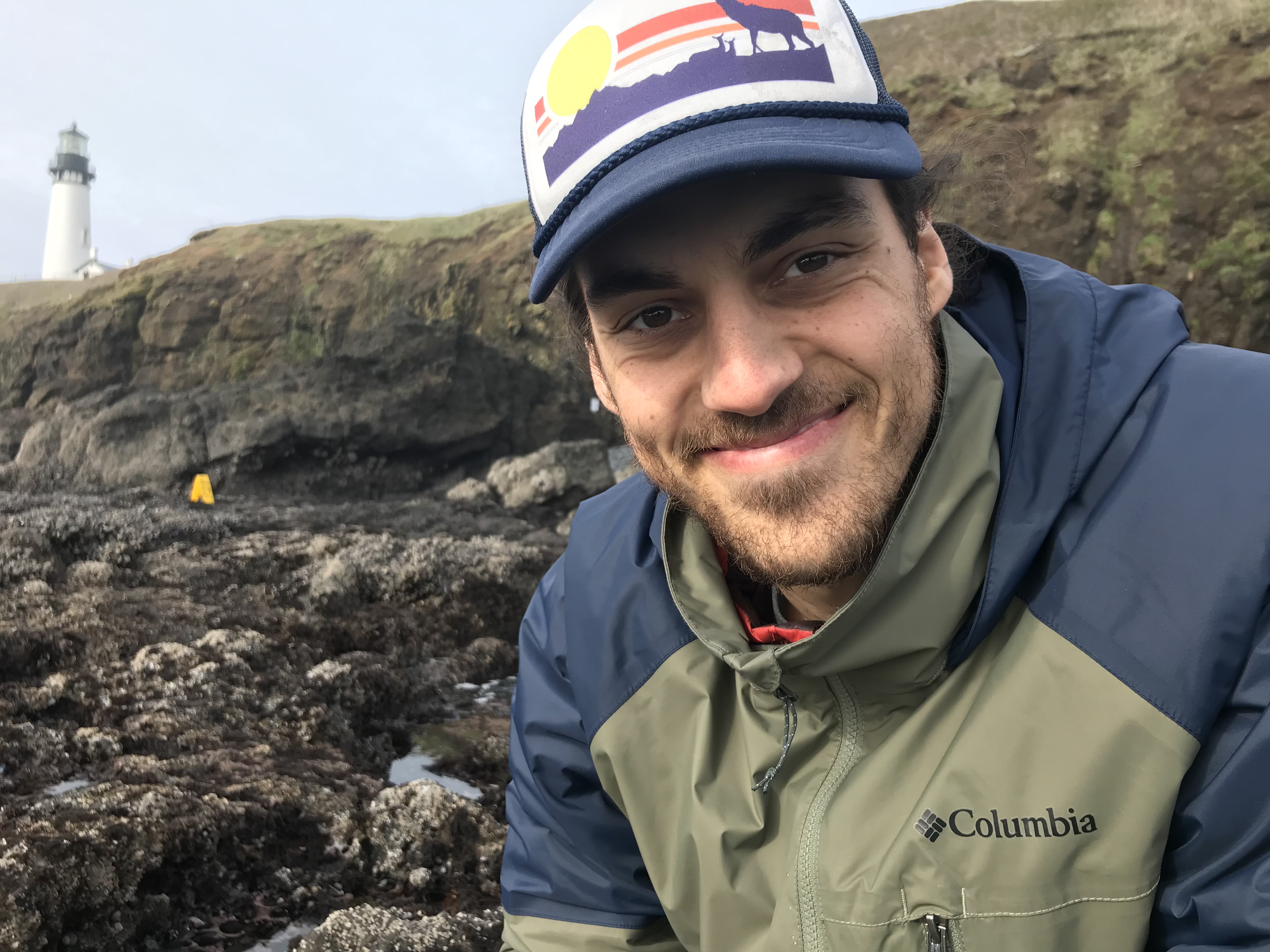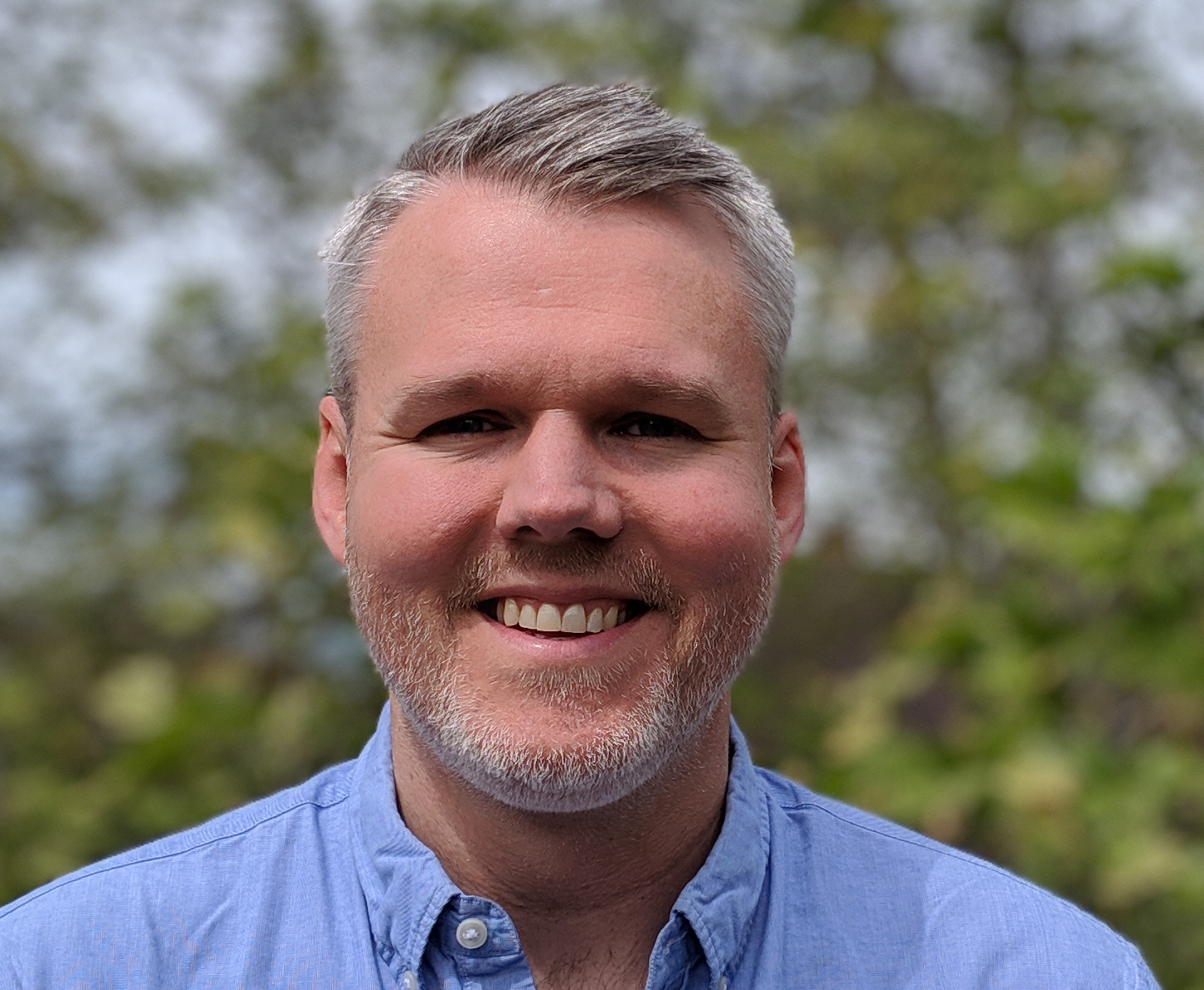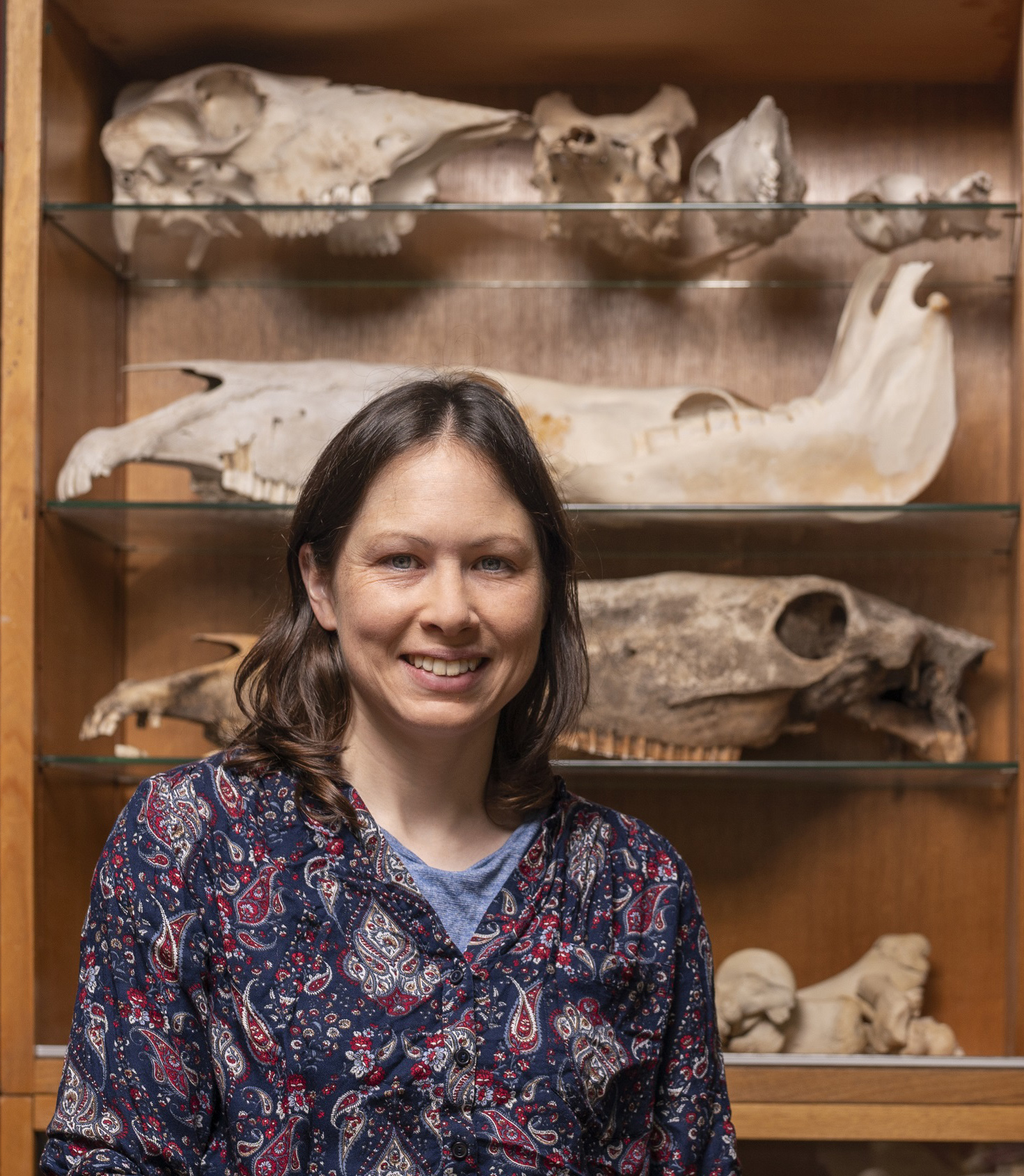We welcome our new team of Data Editors to the Proceedings B editorial board.

We are pleased to welcome a new team of eight Data Editors to the Proceedings B editorial board. We asked them to tell us more about their background and current research, and their motivation to take on the role of Data Editor.

Dylan Gomes
I am a quantitative ecologist and biologist at the USGS in Seattle, Washington. I am broadly interested in the conservation of fish and wildlife, and particularly motivated in working on species of conservation concern. I tend to tackle questions related to anthropogenic impacts such as noise pollution, artificial light at night, and climate change by combining statistical, network, and process-based mathematical models with data at multiple scales ranging from animal behavior to population ecology to ecosystem dynamics. I am also excited by model methods development and reliable, open, and transparent science.
I took on the role of Data Editor at Proceedings B because I believe more transparent and open science will lead to more reproducible and robust research. Data and code stored in long-term repositories with appropriate metadata and annotation will also allow future researchers to synthesize information more easily and effectively into useful meta-analyses for a broader scientific understanding of the world around us.

Haneul Jang
I am an evolutionary anthropologist working with BaYaka hunter-gatherers in the Republic of the Congo and have also completed empirical field research on wild gibbons in Indonesia. I am currently a postdoctoral researcher in the Department of Human Behaviour, Ecology and Culture at the Max Planck Institute for Evolutionary Anthropology (Leipzig, Germany), and will start a research fellowship position at the Institute for Advanced Study in Toulouse (France) from 2024. My current research project aims to understand women’s cooperative relationships, particularly in motherhood. To investigate how BaYaka mothers coordinate foraging, childcare, household tasks, food sharing and information sharing, I conduct field research using an ethnographic approach, semi structured interviews, and systematic observation. I hope my research provides an ethological and ethnographic framework for understanding how women’s cooperation and wider social networks across different domains may have contributed to the demographic and ecological success of humans throughout evolutionary history.
I believe that that science is based on scientific honesty and trust. It is crucial for rigorous scientific research to handle and analyse data in a reproducible and replicable way and to present all data and code transparently. I am looking forward to contributing to good scientific practice by taking a role as Data Editor at Proceedings B.
Daniel Maynard
I am an Associate Professor in Quantitative Ecology at University College London, where I am part of the People & Nature Lab and the Center for Biodiversity and Environment Research in the Department of Genetics, Evolution, and Environment. My research focuses on how biodiversity is maintained in complex ecosystems, with a particular emphasis on how forest communities will respond to climate change, land-use change, and invasive species. Originally trained as a mathematician and statistician, my work spans the fields of forestry, public health, environmental conservation, and ecological theory, using a broad array of novel statistical and computational approaches to explore complex ecological phenomena. My interest in the Data Editor role stems from the increased use (and misuse) of cutting-edge mathematical tools in the biological sciences, which has led to renewed efforts to ensure that statistical rigour, code reproducibility, and data transparency are at the forefront of peer-reviewed science.

Laura Wilson
As an evolutionary biologist, my research interests focus on how the process of development has shaped morphological evolution on different time scales in mammals, ranging from timeframes associated with domestication to broader, macroevolutionary scales. I am also interested in sex differences in phenotypic traits and the utility of quantitative frameworks employed in evolutionary biology for clinical research questions. My research applies statistical shape analysis and 3D modelling of hard and soft tissues to address questions that relate to adaptation, ecology and function. I’m currently an ARC Future Fellow and Associate Professor at The Australian National University, where I’m also affiliated with the ARC Training Centre for Multiscale 3D Imaging, Modelling and Manufacturing, in the Research School of Physics. I chose to join Proceedings B as a Data Editor because I’m strongly committed to the adoption of quantitative methods in my field and wish to offer service in the advancement of open data initiatives.
For more information on what our data editors do at Proceedings B, please visit our website.
Image: Laura Wilson, credit: Jamie Kidston.
